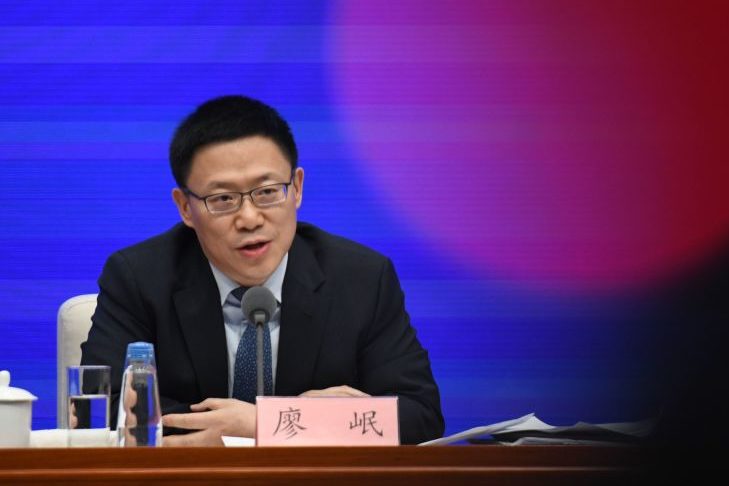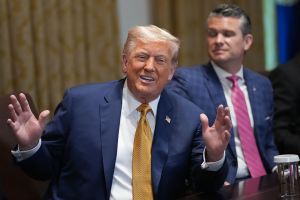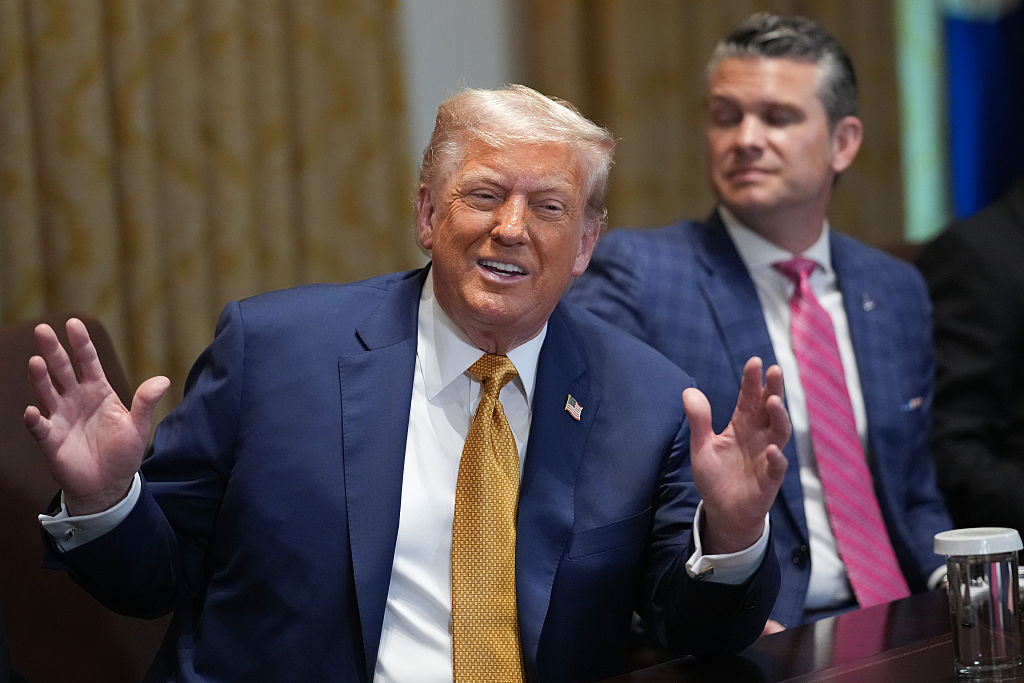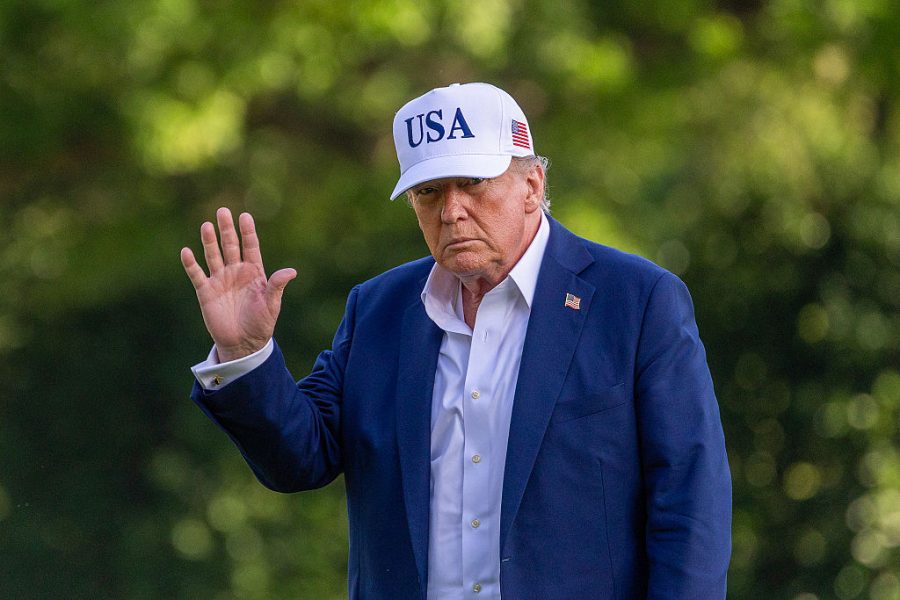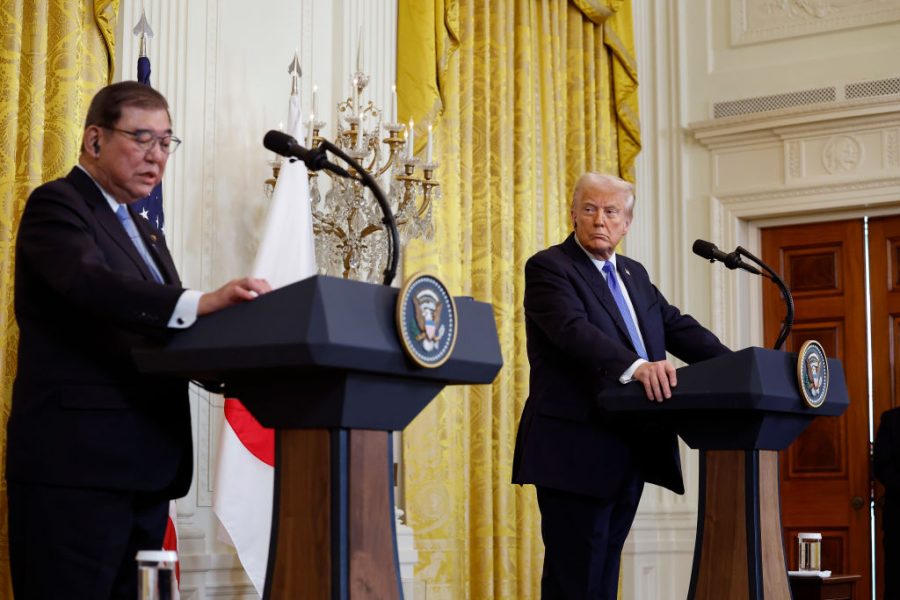Ever since Donald Trump began his trade war with China there have been two possibilities: firstly, that he intends tariffs to form a permanent feature of the landscape in relations between the US and China: a protectionist device designed to protect American jobs indefinitely; or secondly, that he sees his tariffs as a shock tactic devised to draw China into talks which it would otherwise be loathe to join, and with the ultimate aim of freeing up trade.
The latest development, halving a set of tariffs which had been in place since September and canceling another set which had been due to come into place this week, points heavily to the latter. It reinforces his comments at the G7 summit in Quebec in June 2018 when he caught European leaders by surprise by dropping into awkward conversations the sudden suggestion that he was seeking the end of all tariffs, barriers and subsidies — adding that is what he had learned at the Wharton School of Finance.
Trump is often described as unpredictable, but he is really quite easy to read. His method is to create a great stink, stir up relations until it seems they can’t get any worse — and then to come over all conciliatory and claim credit for averting a war, real or trade. What he has done with China on trade is the same as he did with North Korea over Kim Jong-un’s nuclear weapons and the same as he is doing with Iran. The lineage of his modus operandi on all these can be traced back to Ronald Reagan and his arms talks with the Soviet Union. When Reagan first came to office he upped the tension between the US and the USSR. Fear of nuclear conflict was at its highest since the 1960s. Yet by the time he met Gorbachev in Reykjavik in 1986 he was suddenly proposing to eliminate all nuclear weapons, catching the Soviet president off-guard.
I would guess that Trump is a keen student of that period, of how a final escalation of the Cold War ultimately resulted in its end — how by convincing the Soviets that he really was serious about outgunning them, and that he would take advantage of the greater health of the US economy over the Soviet one in order to achieve that, he brought the Soviets to the table and succeeded in rolling back the arms race. It is a method which especially suits Trump because he enjoys the bluster.
That is why I suspect that by the time of next year’s election we will be looking at the US-China trade war in very different way. The tariffs will have come down by election day and we will be contemplating a new golden age in free trade between the two countries — in return for Chinese reforms to remove subsidies and stop manipulating its currency. There is no guarantee that the Chinese will play ball, but I suspect that foremost in Trump’s mind is how long he keeps up the pressure on China before he starts going into his magnanimous phase and proposing to lower tariffs for good. Next November’s election provides him with a clear deadline. As a result, next year could turn into a year of surprising optimism in the global economy.



